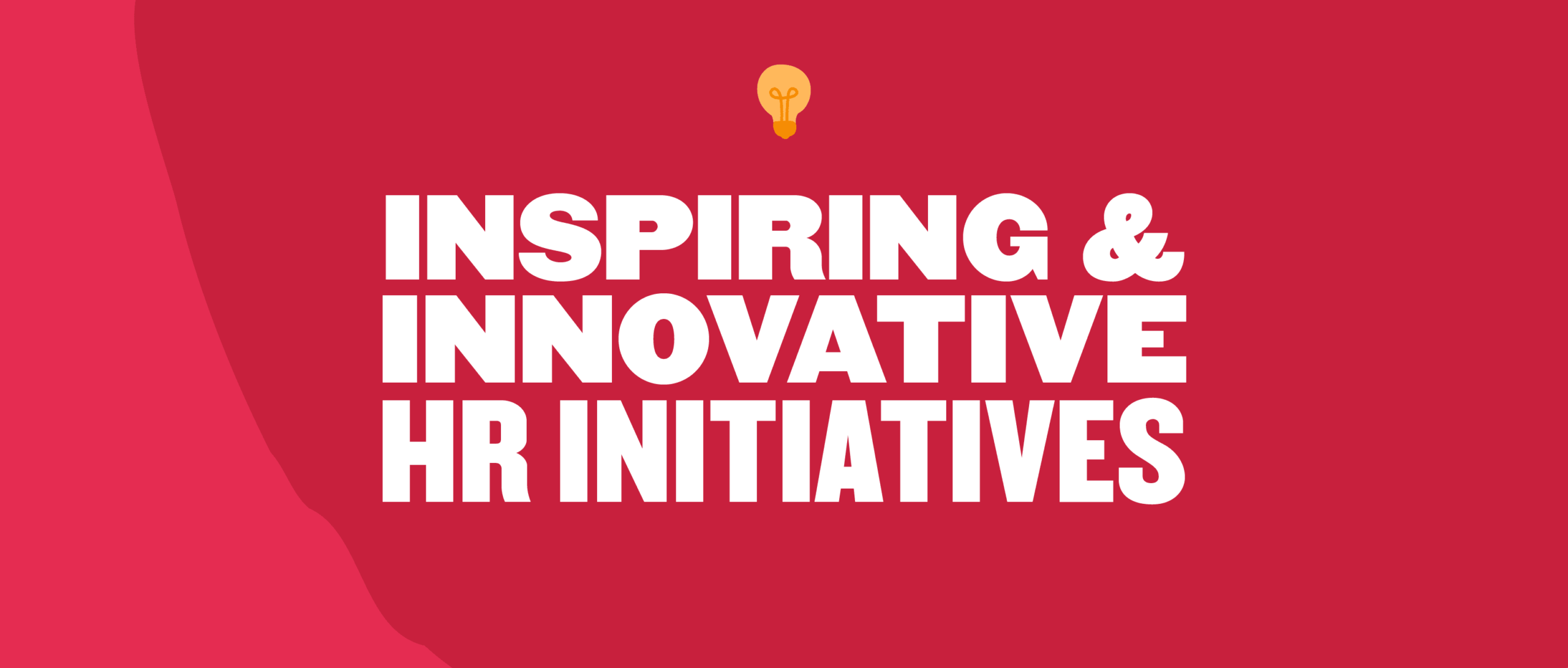Human resources (HR) has come a long way from being a purely administrative function to becoming a strategic driver of business success. Today, innovative HR strategies are not only enhancing employee experiences but also transforming entire industries. Whether it’s tech, healthcare, finance, or retail, HR professionals are pioneering new approaches that align with evolving business needs. So, what are these game-changing strategies, and how can they help your business stay ahead of the curve?
Embracing Data-Driven Decision Making
In the age of big data, HR has gained access to an unprecedented amount of information about the workforce. From employee engagement surveys to performance metrics, data is now a cornerstone of strategic decision-making. This shift is particularly evident in sectors like finance and tech, where data analytics is used to predict workforce trends, optimize recruitment, and tailor development programs.
But data-driven HR isn’t just about numbers. It’s about using insights to create a more personalized employee experience. For example, instead of a one-size-fits-all approach to employee development, data can help identify individual strengths and areas for growth, leading to more targeted and effective training programs. By leveraging data, businesses can not only improve employee performance but also drive engagement and retention.
Leveraging Technology for Talent Management
Technology continues to revolutionize HR, particularly in the areas of recruitment, onboarding, and talent management. Industries such as retail and logistics, which often deal with high turnover rates, have embraced AI-powered tools to streamline these processes. For instance, AI can be used to screen resumes, schedule interviews, and even predict which candidates are most likely to succeed in a given role.
But technology’s impact on HR doesn’t stop there. In sectors like manufacturing and finance, advanced HR platforms are being used to manage employee performance, track career progression, and identify future leaders. These platforms can also facilitate continuous feedback, replacing the outdated annual performance review with real-time insights that help employees grow and develop in their roles.
Adopting Agile HR Practices
Agile isn’t just for software development anymore. Agile HR practices are being adopted across various sectors to make organizations more responsive to change. In the fast-paced world of tech, for example, agile HR helps companies quickly adapt to shifting market conditions and evolving employee needs. This approach involves breaking down traditional HR processes into smaller, iterative tasks that can be adjusted as needed.
Agile HR also emphasizes collaboration and cross-functional teamwork, which can lead to more innovative solutions. By adopting an agile mindset, HR teams can move away from rigid hierarchies and create a more dynamic and flexible work environment. This not only enhances employee satisfaction but also improves the organization’s ability to respond to challenges and opportunities.
Rethinking Compensation Models
In today’s competitive job market, compensation is a key factor in attracting and retaining talent. However, traditional compensation models are no longer sufficient to meet the diverse needs of today’s workforce. Sectors like consulting and healthcare have started to explore more flexible compensation strategies, including performance-based pay and reference based pricing. These approaches allow businesses to align compensation with individual contributions and market conditions, ensuring that employees feel fairly rewarded for their efforts.
For other industries, the lesson is to think creatively about compensation. This could involve offering a mix of base salary, bonuses, equity, and non-monetary benefits that appeal to different employee demographics. By rethinking compensation models, businesses can create more competitive packages that attract top talent and drive performance.
The Future of HR: Continuous Innovation
As industries continue to evolve, so too must HR strategies. The future of HR will be defined by continuous innovation, as companies seek new ways to engage, support, and develop their employees. Whether it’s through data-driven insights, remote work models, or agile practices, the goal is to create workplaces that are not only efficient but also inclusive, flexible, and responsive to change.
So, how can your business leverage these innovative HR strategies? By staying curious, embracing change, and always looking for ways to improve, you can build an HR function that not only meets the needs of today’s workforce but also drives the success of your organization in the years to come. After all, in the ever-changing world of business, the ability to adapt and innovate is the key to long-term success.
